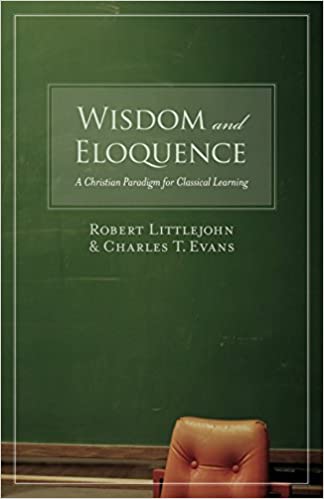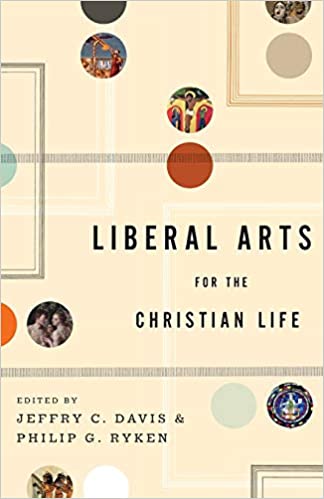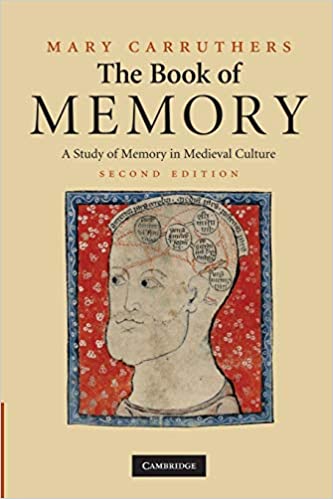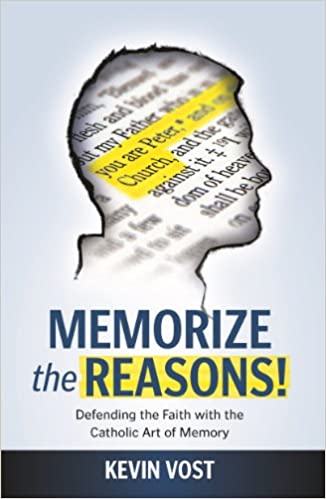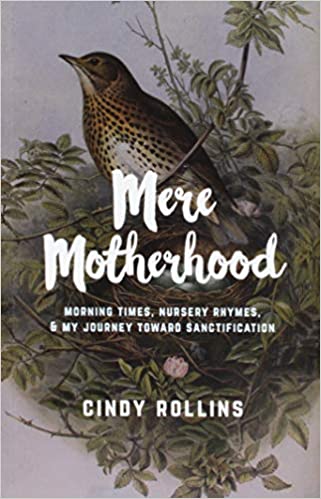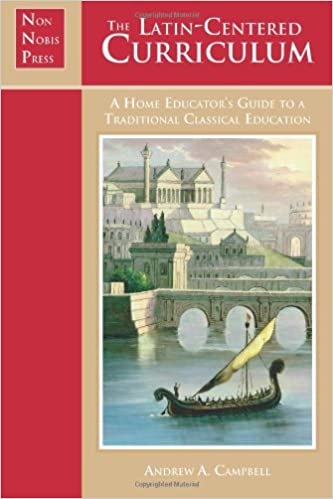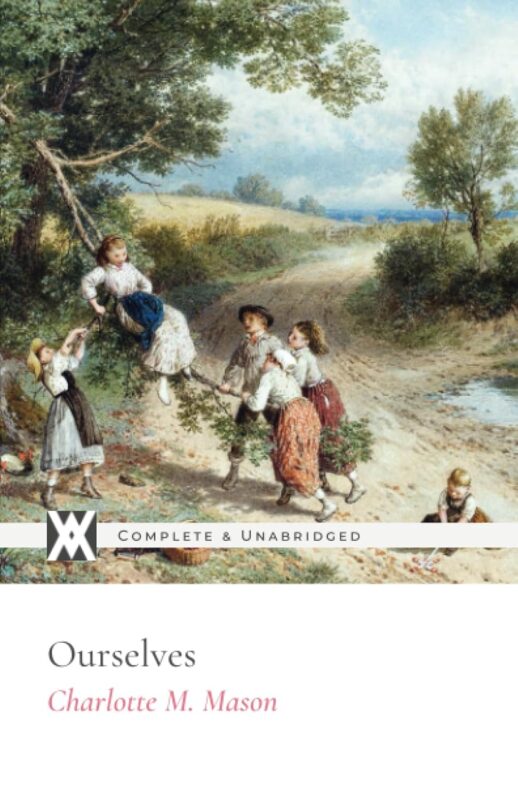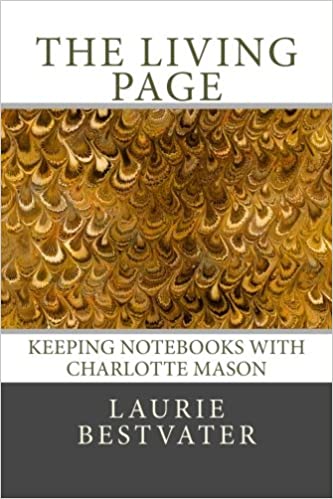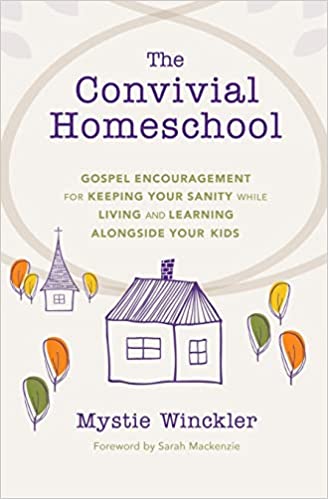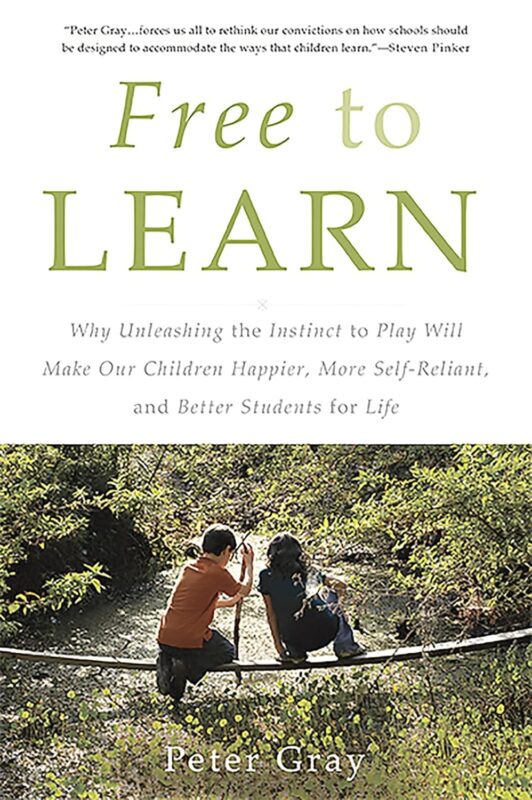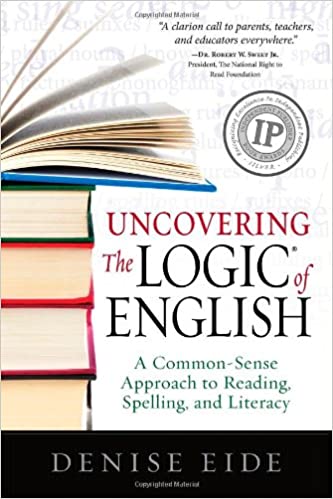Wisdom and Eloquence: A Christian Paradigm for Classical Learning
To succeed in the world today, students need an education that equips them to recognize current trends, to be creative and flexible to respond to changing circumstances, to demonstrate sound judgment to work for society's good, and to gain the ability to communicate persuasively.
More info →Liberal Arts for the Christian Life
For over forty years, Leland Ryken has championed and modeled a Christian liberal arts education. His scholarship and commitment to integrating faith with learning in the classroom have influenced thousands of students who have sat under his winsome teaching. Published in honor of Professor Ryken and presented on the occasion of his retirement from Wheaton College, this compilation carries on his legacy of applying a Christian liberal arts education to all areas of life.
Five sections explore the background of a Christian liberal arts education, its theological basis, habits and virtues, differing approaches, and ultimate aims. Contributors including Philip Ryken, Jeffry Davis, Duane Litfin, John Walford, Alan Jacobs, and Jim Wilhoit analyze liberal arts as they relate to the disciplines, the Christian faith, and the world. Also included are a transcript of a well-known 1984 chapel talk delivered by Leland Ryken on the student’s calling and practical chapters on how to read, write, and speak well.
Comprehensive in scope, this substantial volume will be a helpful guide to anyone involved in higher education, as well as to students, pastors, and leaders looking for resources on the importance of faith in learning.
More info →The Book of Memory: A Study of Memory in Medieval Culture
Mary Carruthers’s classic study of the training and uses of memory for a variety of purposes in European cultures during the Middle Ages has fundamentally changed the way scholars understand medieval culture. This fully revised and updated second edition considers afresh all the material and conclusions of the first. While responding to new directions in research inspired by the original, this new edition devotes much more attention to the role of trained memory in composition, whether of literature, music, architecture, or manuscript books. The new edition will reignite the debate on memory in medieval studies and, like the first, will be essential reading for scholars of history, music, the arts and literature, as well as those interested in issues of orality and literacy (anthropology), in the working and design of memory (both neuropsychology and artificial memory), and in the disciplines of meditation (religion).
More info →Memorize the Reasons!: Defending the Faith with the Catholic Art of Memory
In his bestseller Memorize the Faith!, Kevin Vost rediscovered a memory method invented by the ancient Greeks and perfected by medieval scholars, and showed twenty-first-century Catholics how to use it to recall everything from the Ten Commandments to the Seven Deadly Sins. Now, in Memorize the Reasons!, Dr. Vost shows you how to remember information you need to explain and defend the Catholic Faith. Often when we re challenged by non-Catholics who always seem to be able to quote chapter and verse we stumble, and later think regretfully of what we might have said. The powerful mnemonic techniques found in Memorize the Reasons! will make sure it never happens again. In simple steps that even children can master, Dr. Vost teaches you how to build memory cathedrals inside your mind, and to fill them with vibrant images that will instantly recall reasons for the papacy and Church authority, for Catholic beliefs about the Blessed Virgin Mary, for Sacred Tradition (and against sola scriptura), and more!
More info →Mere Motherhood: Morning Times, Nursery Rhymes, and My Journey Toward Sanctification
It was back in the 1980's when Cindy Rollins, then a new mom in search of the best ways to teach her baby son, first heard about homeschooling. Thirty years and nine children later, Cindy has become a popular blogger, podcaster, and award-winning teacher. This is her story. It's a story of big families and cross-country moves and small-town living. It's about great books and morning times and nursery rhymes. It's the story of a dedicated mother's journey toward the Truth and the family she brought along with her.
More info →The Latin-Centered Curriculum
From Cicero to C. S. Lewis, from Thomas Aquinas to Thomas Jefferson, the great minds of the West have been formed by a classical curriculum centered on Latin and Greek. Now you can give your children a traditional classical education at home with The Latin-Centered Curriculum. In a clear and readable introduction, The Latin Centered Curriculum surveys the history of classical education from the ancient Greeks through the 20th-century neoclassical revival. He demonstrates the central position of Latin in the traditional course of study and outlines the many benefits of placing the classical languages at the heart of the curriculum. Then he shares with you the secret of a superior education: multum non multa- not quantity, but quality. With helpful charts and detailed explanations, The Latin-Centered Curriculum guides you step by step with book and curriculum recommendations for each school subject from K-12. It shows you how focusing a few core disciplines-classical languages, mathematics, and composition-can revolutionize your home school. The best education is simple but deep.
More info →Charlotte Mason’s Ourselves (Book 4 of the Home Education Series)
Ourselves, the fourth volume of Charlotte Mason's Classic Homeschooling Series, is a character curriculum book written directly to children. Book I, Self-Knowledge, is for elementary school students; Book II, Self-Direction, is for older students. Self-Knowledge discusses our human desires and appetites; the "helpers" in our minds, such as intellect, sense of beauty, imagination, and reason; the ways in which we feel and express love for others, including sympathy, kindness, generosity, gratitude, courage, loyalty, and humilty; and truth, justice, and integrity; and ends by encourages children to develop the habit of being useful. Self-Direction is an in-depth discussion of the conscience and virtues such as temperance, chastity, fortitude, and prudence; the will and self-control; and the soul and its capacities, such as prayer, thanksgiving, faith, and praise. Charlotte Mason was a late nineteenth-century British educator whose ideas were far ahead of her time. She believed that children are born persons worthy of respect, rather than blank slates, and that it was better to feed their growing minds with living literature and vital ideas and knowledge, rather than dry facts and knowledge filtered and pre-digested by the teacher. Her method of education, still used by some private schools and many homeschooling families, is gentle and flexible, especially with younger children, and includes first-hand exposure to great and noble ideas through books in each school subject, conveying wonder and arousing curiosity, and through reflection upon great art, music, and poetry; nature observation as the primary means of early science teaching; use of manipulatives and real-life application to understand mathematical concepts and learning to reason, rather than rote memorization and working endless sums; and an emphasis on character and on cultivating and maintaining good personal habits.
More info →The Living Page
"We all have need to be trained to see, and to have our eyes opened before we can take in the joy that is meant for us in this beautiful life." Charlotte Mason ~~~~~~~ "Composition books and blank journals are readily available at every big box and corner store, available so inexpensively as to be common and ironic as we reach that digital dominion, the projected 'paperless culture.' Shall we despair the future of the notebook? Is the practice an anachronism in an age where one's thoughts and pictures, doings and strivings are so easily recorded on a smartphone or blog,and students in even the youngest classrooms are handed electronic tablets with textbooks loaded and worksheets at the ready? Or is there something indispensable in the keeping of notebooks without which human beings would be the poorer?" THE LIVING PAGE invites the reader to take a closer look in the timeless company of 19th century educator, Charlotte Mason.
More info →The Convivial Homeschool: Gospel Encouragement for Keeping Your Sanity While Living and Learning Alongside Your Kids
Homeschool days can be long and hard. It's easy to lose sight of what's actually happening in the midst of the day to day. Even when we lose our vision, God does not lose His. While we attempt to teach and disciple our children, we find that it is ourselves needing the instruction and discipleship. We also find that God provides both, using our decision to homeschool to draw us closer to Himself. To continue with love and perseverance, we need confidence not in our work but in God’s. These thirty readings will lift up your eyes and spirit so you can focus on what truly matters while doing the daily work of educating your kids.
More info →Beauty for Truth’s Sake: On the Re-enchantment of Education
Based in the riches of Christian worship and tradition, this brief, eloquently written introduction to Christian thinking and worldview helps readers put back together again faith and reason, truth and beauty, and the fragmented academic disciplines. By reclaiming the classic liberal arts and viewing disciplines such as science and mathematics through a poetic lens, the author explains that unity is present within diversity. Now repackaged with a new foreword by Ken Myers, this book will continue to benefit parents, homeschoolers, lifelong learners, Christian students, and readers interested in the history of ideas.
More info →Free to Learn: Why Unleashing the Instinct to Play Will Make Our Children Happier, More Self-Reliant, and Better Students for Life
A leading expert in childhood development makes the case for why self-directed learning — "unschooling" — is the best way to get kids to learn.
"All kids love learning. Most don't love school. That's a disconnect we've avoided discussing—until this lightning bolt of a book. If you've ever wondered why your curious kid is turning into a sullen slug at school, Peter Gray's Free to Learn has the answer. He also has the antidote." —Lenore Skenazy, author of Free-Range Kids
In Free to Learn, developmental psychologist Peter Gray argues that in order to foster children who will thrive in today's constantly changing world, we must entrust them to steer their own learning and development. Drawing on evidence from anthropology, psychology, and history, he demonstrates that free play is the primary means by which children learn to control their lives, solve problems, get along with peers, and become emotionally resilient. A brave, counterintuitive proposal for freeing our children from the shackles of the curiosity-killing institution we call school, Free to Learn suggests that it's time to stop asking what's wrong with our children, and start asking what's wrong with the system. It shows how we can act—both as parents and as members of society—to improve children's lives and to promote their happiness and learning.
More info →Uncovering the Logic of English: A Common-Sense Approach to Reading, Spelling, and Literacy
Discover this revolutionary method that Dr. Temple Grandin called "really helpful for teaching reading to children who are mathematical pattern thinkers..."
Predominant reading methods require students to break the complex code of English without help. This has resulted in low literacy rates and explains why many highly educated professionals cannot spell. By revealing the logical patterns underlying 98% of English words, Uncovering the Logic of English eliminates the need to guess and provides a logical solution to English spelling.
Simple answers are given for questions such as:
- Why is there a silent final E in have?
- Why don't we drop the E in noticeable?
- Why is discussion spelled with -sion rather than -tion?
As the rules unfold it becomes apparent how this knowledge is vital to reversing the educational crisis that is plaguing America. This slim volume is easy to read and accessible to parents and classroom teachers. A thorough appendix summarizes the most important concepts for quick reference.
More info →
